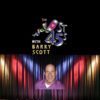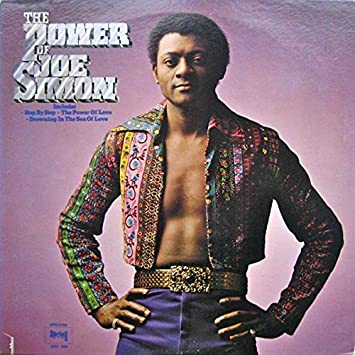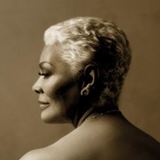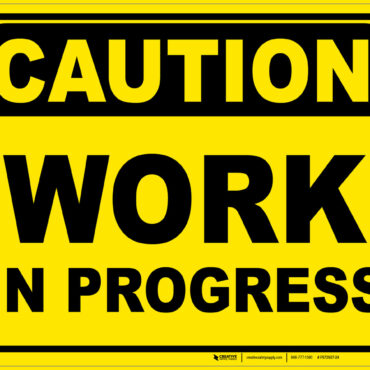-
 play_arrow
play_arrow
The Lost 45s with Barry Scott Demo!
-
 play_arrow
play_arrow
The Lost 45s Sample!

Hear Joe Simon on “The Lost 45s!
Source: Billboard
Joe Simon, Chart-Topping R&B Singer, Dead at 85
Simon became an ordained minister after walking away from secular music.
Courtesy of David Simon
Joe Simon, a Grammy-winning R&B singer whose hits included 1969’s “The Chokin’ Kind” and 1972’s “Power of Love” and was sampled in OutKast’s “So Fresh, So Clean” and other hip-hop classics, died Monday (Dec. 13) in his longtime hometown near Chicago. He was 85.
Born in Simmesport, La., Simon hated picking cotton and moved to Los Angeles to make it as a singer, spending his early years there homeless and living in a chicken coop. With nothing to do at night, he wrote 20 to 30 songs daily and developed his voice to the point that a label owner paid him $1,100 to record four songs written by others. He brought in local musicians including future funk greats Sly Stone and Larry Graham to play on 1964’s “My Adorable One,” which became Simon’s breakthrough hit.
“I don’t want to rush my career,” Simon told Billboard in 1968. “I’ll take my time, because the artist who rushes overlooks a lot of things.”
Nonetheless, Simon’s career moved quickly, as he landed three No. 1s and 14 top 10s on what is now called the Hot R&B/Hip-Hop Songs chart, and a best R&B vocal performance, male Grammy for “The Chokin’ Kind.” He collaborated with Philly Sound hitmakers Kenny Gamble and Leon Huff for 1971’s “Drowning In the Sea of Love,” then created the theme to 1973’s Cleopatra Jones. During his peak hitmaking period, Simon started his own indie labels, Spring and Posse, signing funk stars such as Millie Jackson and Fatback Band.
He was known as “The Mouth of the South,” compared to Otis Redding, Sam Cooke and, perhaps most aptly, Jackie Wilson. “He had a very different and distinct voice,” says his grandson, David Simon, a professional basketball player who toured with Simon toward the end of his R&B career in the ’80s. “You can definitely pick his voice out of any crowd.”
Early in his touring career, Simon played New York’s Apollo Theatre, where an employee told him he wouldn’t amount to anything. “I went from the cotton field to the chicken coop to a superstar of rhythm and blues — you can’t tell me I ain’t gonna be nothin’,” Simon said in his 2016 documentary, Looking Back with Joe Simon.
At the Apollo, he agreed to let a young soul band, the Jackson 5, appear on the same bill. “I remember going up to Michael and looking at him real close, thinking, ‘OK now, is this kid a midget or not?’” Simon told J. Randy Taraborrelli in his Jackson biography The Magic, The Madness, The Whole Story 1958-2009. “‘Hey man, stop starin’ at me, OK?’ [Jackson] told me.”
For all his success, Simon turned away from R&B, because, he said in the documentary: “To sing rhythm and blues, you had to act like a fool. Everybody out there was doped up.” In 1981, Jet magazine declared Simon, with his on-stage earrings and wigs, “as famous for his bizarre attire as he is for hits” and reported he was evolving to a more conservative suit-and-tie image.
In 1983, he gave up what he called “worldly music,” according to his grandson, to become an ordained minister, working as a traveling pastor, beginning with a sermon to 4,000 people at the Rapides Coliseum near New Orleans. He made the change after a dramatic onstage moment before 10,000 fans when he forgot the words of the pop and R&B hits he’d been singing for 25 years: “I said to the people, ‘Ladies and gentlemen, I’d like for everyone to sit down. I want you to know that I’m not able to sing these songs tonight…. I want everyone to go to the front door to the office and get your money back. Because I’m going to church.’ And 10,000 people said, ‘Hallelujah!’”
Still, Simon’s secular hits, and his influence, continue to pop up all over the world — David Simon spotted one of his grandfather’s old posters in the 1999 Denzel Washington film The Hurricane. “I travel internationally, and when I’m in Asia, we go to karaoke bars, and they have his music in karaoke books,” the 39-year-old athlete says. “It really spanned everywhere.”
Written by: Barry Scott




